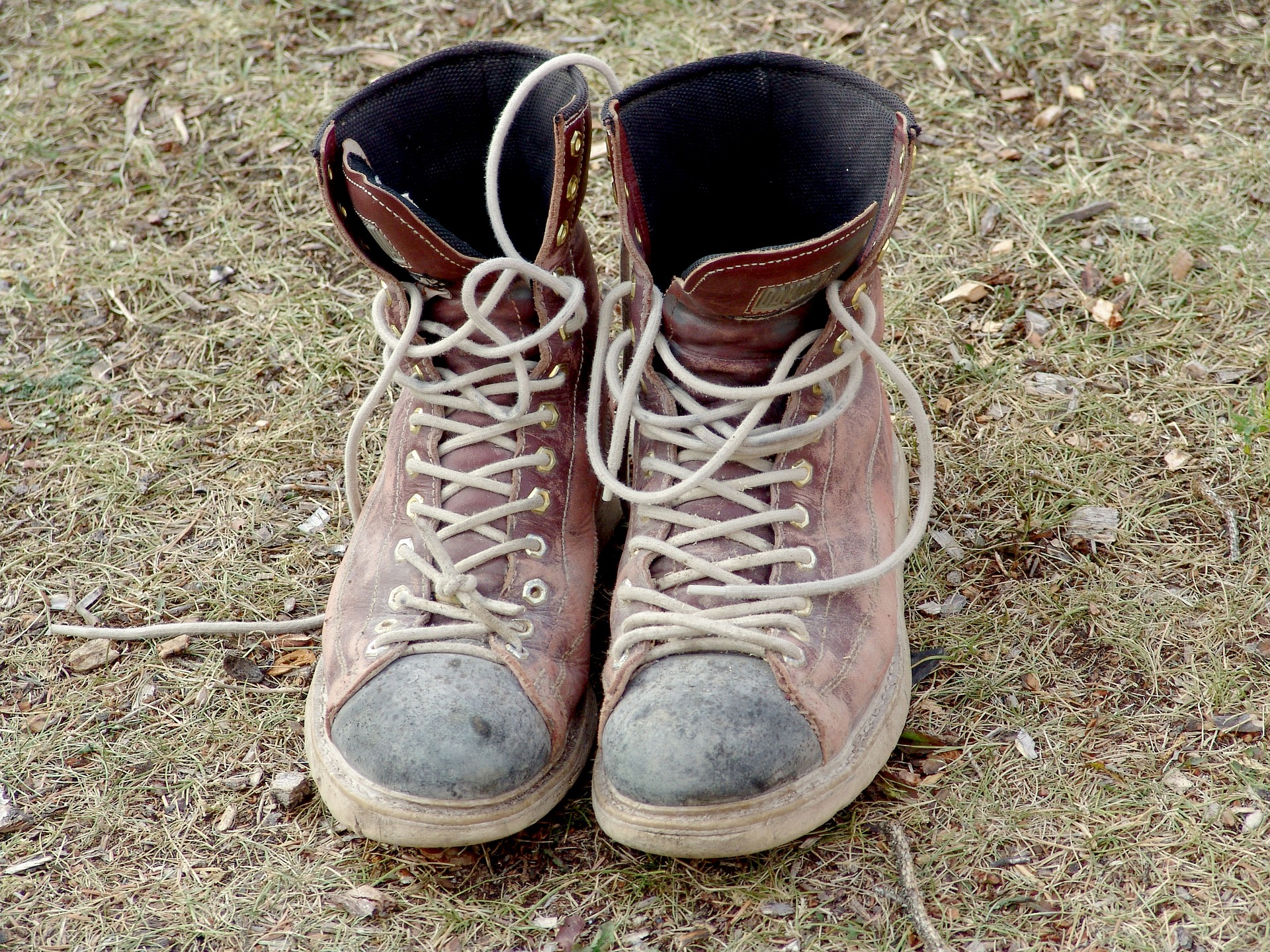“Tough up, or Get Out”
The Truth & Trauma behind Human Rights Headlines

“If I hear one more word about secondary trauma I will be sick. It does not exist and if people cannot deal with this stuff then they just need to get out.”
Senior IGO Manager in charge of a Team Investigating Atrocities in Syria
I tell a close relative, a doctor, about an investigative human rights mission in Afghanistan. He turns to me and says; “I just don’t know how you cope, Liz. I certainly could not stomach, nor handle that.”
When you work in human rights you get used to hearing – and dismissing – that kind of reaction. But this time it struck me. Here was a doctor who spends his life dealing with stress, human suffering, and death and he was telling me that my work was tough?
Human rights work is inherently traumatic. Let’s start with that fact.
After all, it’s your job to deal with horrific inhumanity, misery, and suffering. Who wouldn’t be impacted by years of interviewing survivors of massacres, torture, and sexual violence? Trawling through testimonies of genocide, crimes against humanity and war crimes? Viewing “too extreme for TV” eyewitness media of innocent civilians, including children blown up, beheaded, beaten, raped, or gassed?
Unless you’re made of the same stuff as nuclear bunkers, you’re going to have some kind of negative emotional reaction at some point. Disturbed? Maybe. Distressed? Negative? Upset? Depressed? Perhaps. Frustrated? Angry? It happens. Disillusioned with humanity? At breaking point? Quite possibly.
You don’t have to be a mental health expert to get it. Even though the horror is not happening to you, seeing, hearing, and working on it is likely to impact your body, mind, emotions, and your worldview. Vicarious trauma, chronic stress and burnout are occupational hazards of human rights work. That’s a fact.
Given the facts, you would assume that organisations are sensitive to trauma and have tools to raise awareness, mitigate, and treat it, right? In most cases, wrong.
The hard truth behind human rights headlines is that managers fail to acknowledge, let alone protect, their staff from stress, trauma and burnout. The truth is that if you are struggling, the message you’ll get is “tough up, or get out”.
Many of us on the inside have challenged this culture, pointing out that it’s unethical and incompatible with an organisational mission to defend human rights.
We’re now having to air our dirty laundry in public because trying to change things from the inside wasn’t working well. In fact, it took two tragic suicides at the world’s most famous human rights organisation in 2018.
I am not surprised by anything I read in KonTerra’s 2019 Review of Staff Wellbeing at Amnesty International (Amnesty). That it was only commissioned in reaction to staff suicide speaks volumes. I do find the Wellbeing Review disturbing and incredibly sad. It says that Amnesty leaders created a toxic culture of secrecy, mistrust, and martyrdom where bullying, racism, sexism, abuses of power, discrimination, staff unhappiness and dis-ease thrived.
The real tragedy behind the human rights headlines isn’t that the work is inherently traumatic. Rather, it’s that the root causes of high levels of stress, burnout, anxiety, depression, exhaustion, and trauma are the “organisational culture and management failures”.
So is this just Amnesty? No, it’s not. The problem has been apparent for a long time. I’m certainly not the only one to have been speaking, and writing about it for over a decade. I discovered just how widespread the problem is carrying out research in 2015 into secondary trauma in the human rights, humanitarian and media sectors.
I found staff working experiencing high levels of chronic stress, trauma, depression and burn out. And their most difficult challenge? The organisational and managerial culture of toughness and denial.
Here’s what some people said when I asked them how their human rights organisation deals with trauma:
“A real stigma”
“Simply not talked about, and not addressed”
“Taboo”
“Never been any acknowledgement… No support”
“People are seen as sissies and not up to the job”
“Speaking up might jeopardise my career”
“You’re not the one suffering so how the bloody hell do you dare to complain about it”
“Ingrained culture of ‘if you cannot handle the job then get out’”
I talked to a number of people who had dared to speak out. They themselves had been labelled as “a problem”. Apparently, “not tough enough”. And yes, you guessed it, they were on their way out.
Is this really how organisations with a raison d’être to protect human dignity treat talented, dedicated and passionate staff? We chew them up, and we spit them out?
We’ve let the expansion and “professionalisation” of organisations, and the emergence of competitive niche human rights careers displace our core values. So now it’s time to wake up and care for our staff.
It’s not just our reputation and people that are at stake. Our core values, mission and effectiveness are under threat if we fail to put the “human” back into human rights work.
Liz Griffin and psychotherapist Heidi Pidcoke run wellbeing workshop for organisations on trauma, stress and burn out and retreats. They also offer support to individuals.

Deeply moving and sobering account. Those organizations are likely deeply committed to their missions but every institution – religious, academic, nonprofit, political-is peopled with incompetents and sociopaths. Bravo for your courageous efforts and insights.
Thank you Liz & the rare few others who champion the cause for wellness in the development world.
Having work in the ‘humanitarian world’ for 22 years, the joint response to accumulated or traumatic stress, is alcohol (or other intoxicants including pharmaceuticals), unprepared/unaware management, shortening of employment contracts & zero support. Leaving the dedicated but painfully damaged former employee pondering her/his future. More stress, another short term contract, no time or skills for healing, burnout & breakdown.
The populations we serve deserve the best skilled, most experienced & compassionate people in the field.
So often, poor decisions of painfully stressed, (international) leaders have put staff (both national & international) at risk of injury or death.
There are simple measures to become aware of the problem & to better manage the wellbeing of those we have the responsibility to support & elevate.
We start our careers, wishing to support others but martyrs we should not become. We commit to bringing about positive change to communities yet ignore our own.
But there are options, which require clear leadership, effective policy, specific training & investment.
Thank you Liz for validating what most of us are going through.
All the solutions require commitment and resources which employers are not keen to part with. Everytime when this is dismissed or ignored i ask myself ” Even with all that we do, arent we of value and worthy to our employers?” and the silence that meets this question is often the answer that we seek.